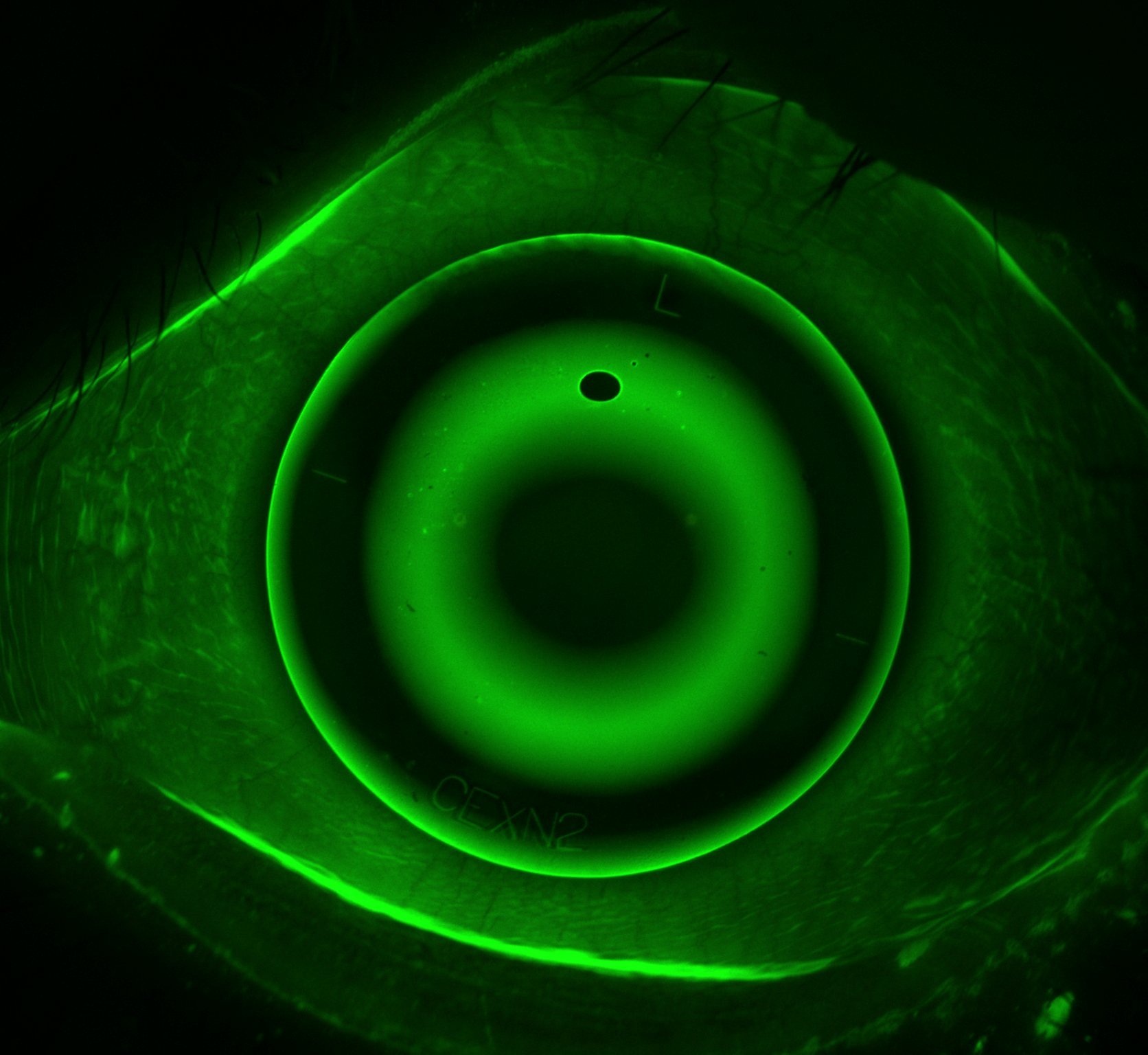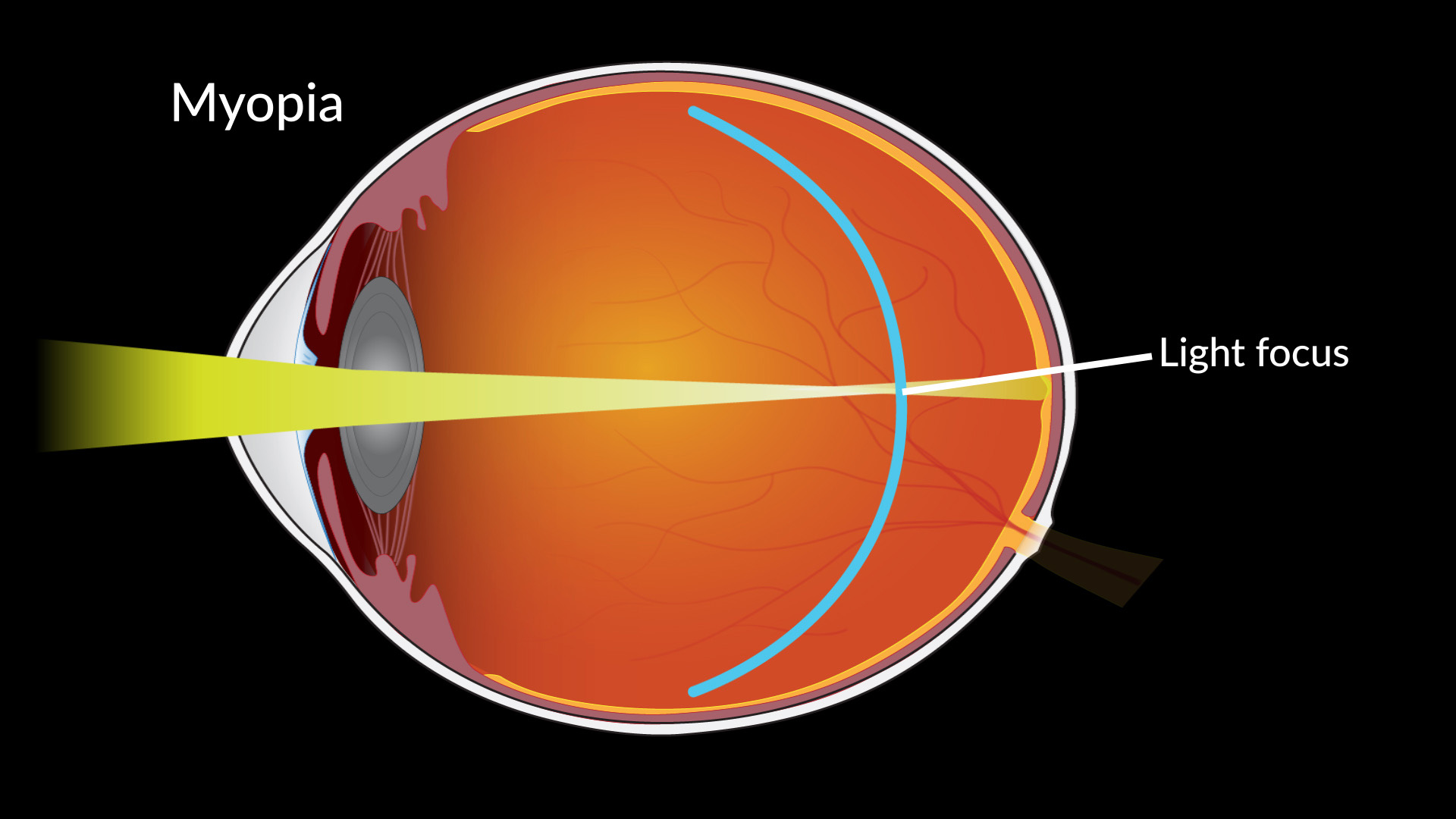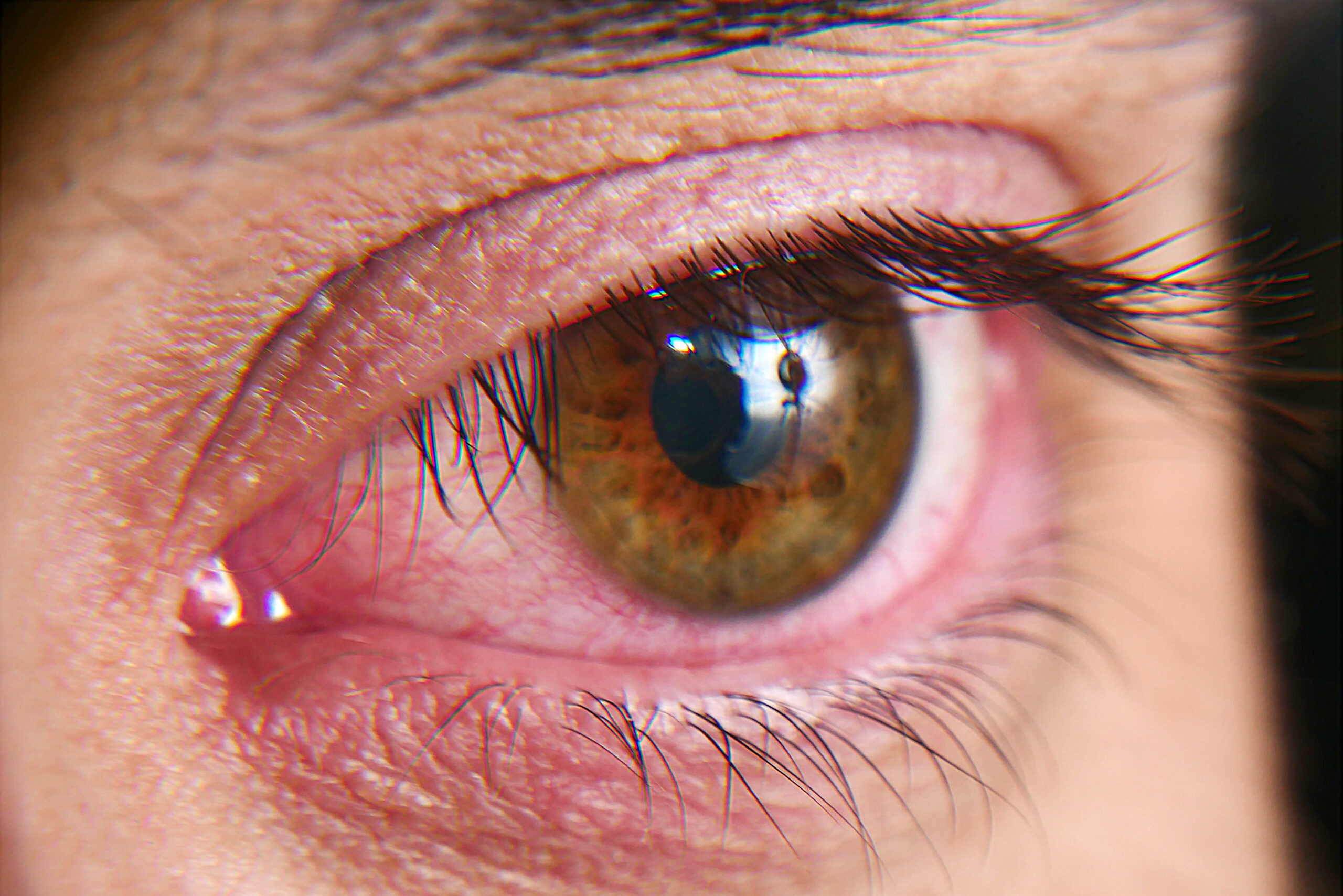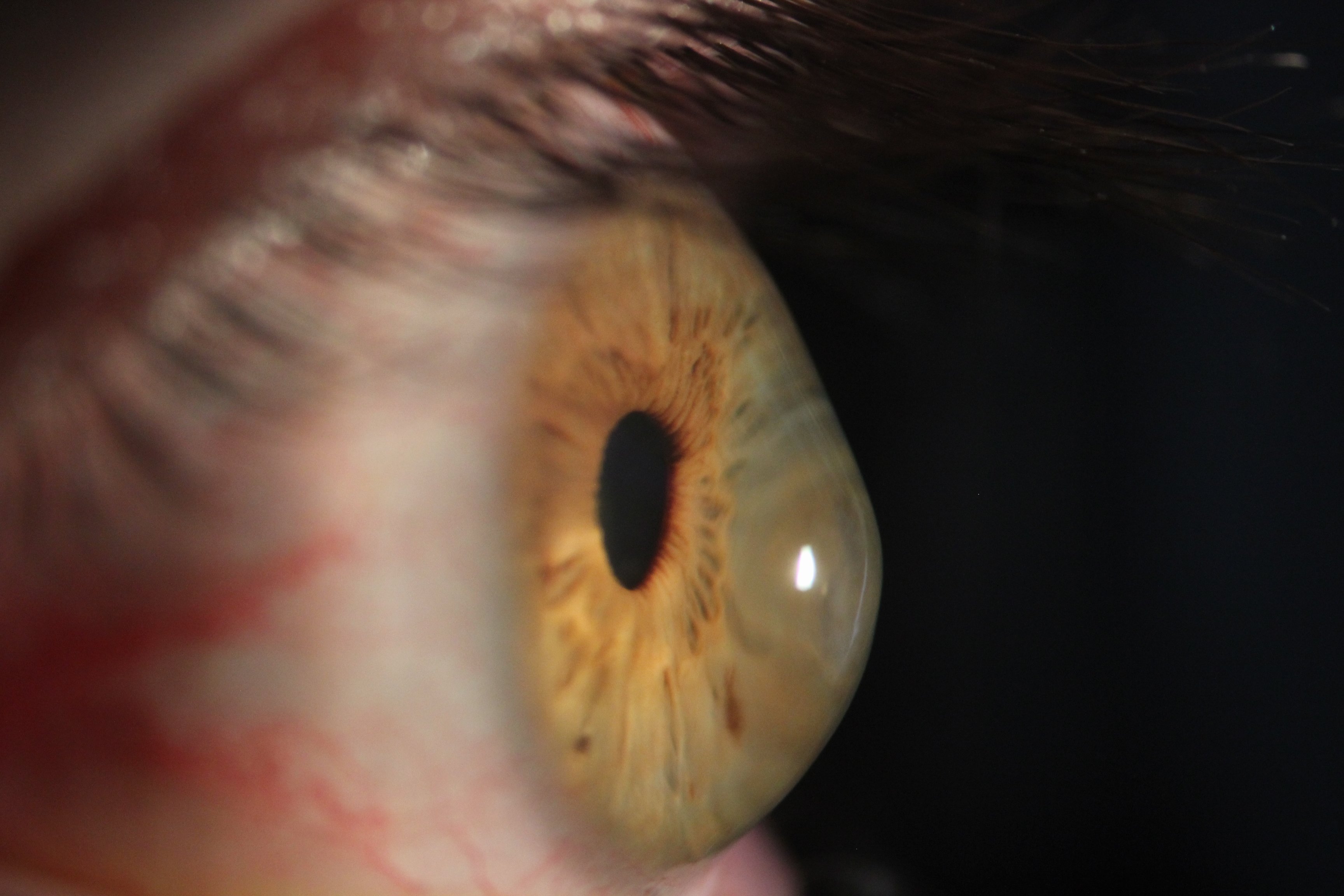
Contact lens care can be confusing, whether you’re new to wearing or you’re a long-time wearer. Here’s a few of the key points to bear in mind when you’re wearing and handling your contact lenses. Remember, above all else, your eyes should look good, feel good and see good. If in doubt – take them out!
Do's
Wash your hands prior to handling your lenses
Before touching your lenses or eyes, ensure that you wash your hands thoroughly with antibacterial soap. Dry your hands with a lint-free towel to avoid getting fibres on your contact lenses. If you wear make-up, put your lens in before applying make-up, and remove it before taking out your lenses.

Clean and tidy bench space
Make sure that your bench or working space is clean and tidy to minimise issues of dust and debris on the lens surface. Try to avoid inserting your lenses in the bathroom, as it typically has the most germs in the entire home.1
Clean and disinfect your lenses every day
Cleaning and disinfecting your lenses reduces the risk of possible complications secondary to microbial build-up on the lenses. Use the solutions recommended by your optometrist, preferably a hydrogen peroxide cleaner, which is a thorough disinfectant.2

Have a pair of back up spectacles
It is important to have a backup pair of spectacles to wear if you are having difficulties with your contact lenses. This ensures you are able to see if there’s something wrong, and that you’re not tempted to wear the lenses during this period.
Dispose of your soft lenses at the recommended time for the date of opening
Ensure that you only wear your soft lenses for recommended time. Wearing lenses past their replacement date puts you at risk of infection.3 The replacement schedule related to time after opening, NOT total time of wear. Even if you wear your monthly lenses for 10 days of the month, you must replace them after 30 days of opening.
Have regular eye examination with your optometrist
At every appointment, your optometrist will assess your vision when wearing contact lenses, the overall fit of the lenses and your eye health. Some complications of contact lenses wear are unnoticeable, so it is important to have regular examinations even if you are having no difficulties with your lenses.
Don'ts
Do not sleep in your contact lenses
Some contact lenses (like orthokeratology lenses) are designed to be slept in, and in these cases the optometrist has given direct instruction to do so. Unless your optometrist has advised otherwise, do not sleep in your lenses. Over-wearing your lenses puts you at a greater risk of contact lenses related issues.3
Do not swim in contact lenses
It is not advisable to swim in your contact lenses. Pool water can increase the likelihood of contact lenses-related infections.4 These infections are worse than your typical conjunctivitis red eyes, and can be sight-threatening. If you are heavily involved in water sports and require contact lenses, consider daily disposable lenses or orthokeratology. If you must wear your lenses in water, wear goggles over the top.

Do not lick your contact lenses
Never lick your contact lenses in an attempt to clean them. Saliva is not sterile. There are many bacteria that live in our mouth and in our saliva and licking your contact lenses greatly increases the risk of microbial infection in your eye. Always use preservative-free saline solution for rinsing your lenses.
Do not wash your contact lenses in tap water
Do not wash or store your contact lenses in tap water. Tap water is not sterile and is home to different strains of bacteria which can lead to bacterial and parasitic infections in your eye.4 If you need to rinse your lens, use preservative-free saline solution and store your lenses in the solution recommended by your optometrist.

Do not wear your lenses if your eyes are red or sore
Red eyes are not happy eyes. Do not wear your lenses if your eyes are red, irritated, sore, or have any discharge. If you are wearing your lenses and your eye becomes irritated, remove the lenses immediately. If the symptoms do not stop, see your optometrist promptly for appropriate treatment.
Do not wear expired contact lenses or expired cleaning solutions
Do not use any product that is past its expiry date. It is a good idea to mark the date of opening on your bottle of solution so that you know when it needs to be thrown out. Most solutions don’t keep for more than 3 months once opened – this is because the preservatives start breaking down so the solution is no longer guaranteed to disinfect your lenses.
References
- Wu YT, Zhu H, Willcox M, Stapleton F. (2009). Impact of air-drying lens cases in various locations and positions. Optom Vis Sci. 87(7): 465-8. doi:10.1097/opx.0b013e3181e172a1.
- Sweeney, D., Holden, B., Evans, K., Ng, V. and Cho, P. (2009). Best practice contact lens care: A review of the Asia Pacific Contact Lens Care Summit. Clinical and Experimental Optometry, 92: 78–89. doi:10.1111/j.1444-0938.2009.00353.
- Stapleton, F., et al. (2008). The incidence of contact lens-related microbial keratitis in Australia. Ophthalmology 115(10): 1655-1662. doi:10.1016/j.ophtha.2008.04.002
- Carnt, N. and F. Stapleton. (2015). “Strategies for the prevention of contact lens-related Acanthamoeba keratitis: a review.” Ophthalmic Physiol Opt. 36(2): 77-92. doi:10.1111/opo.12271.










%20(1).png)



















